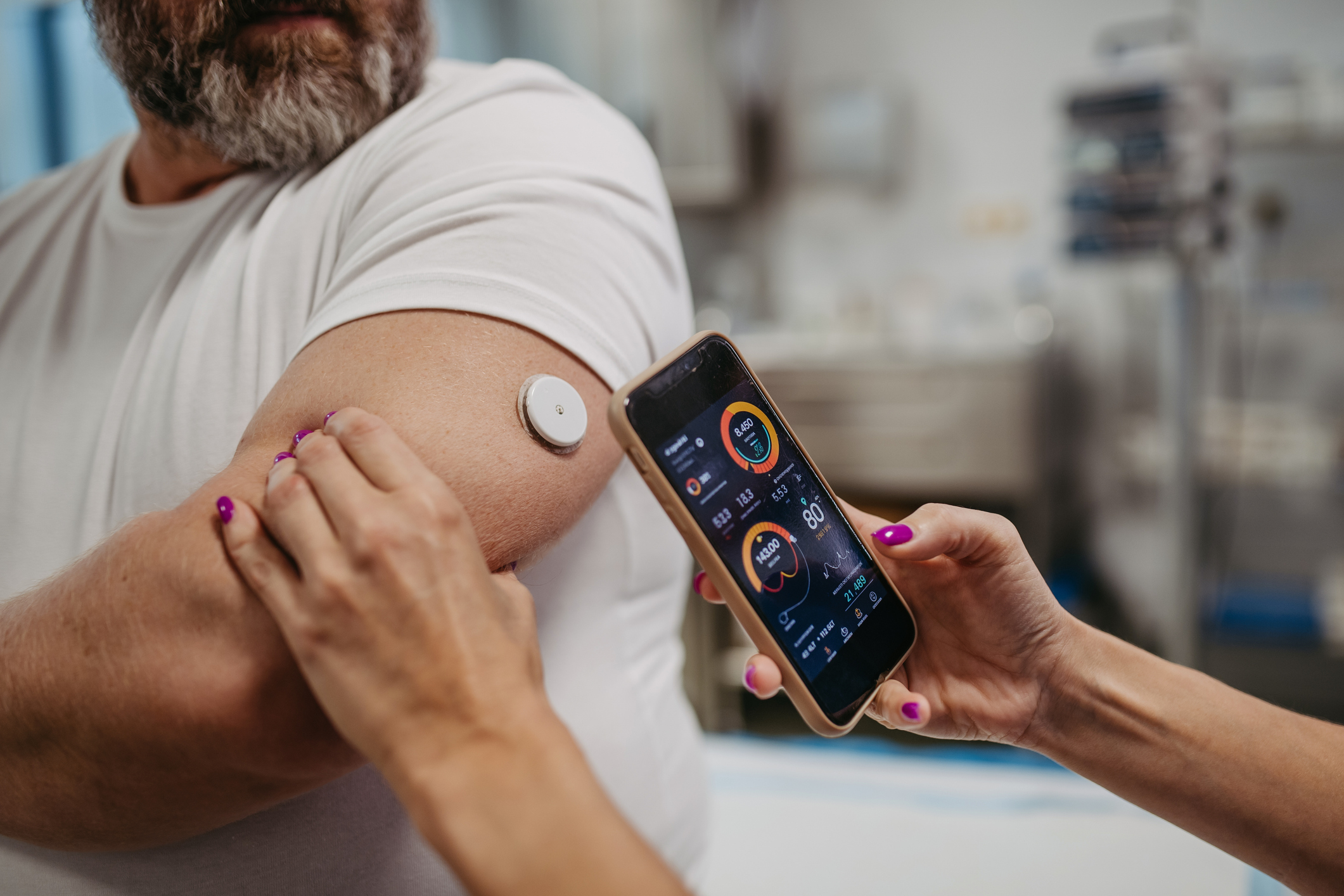Understanding diabetes is crucial because it affects millions of people worldwide, often without them realizing it. Diabetes is a condition where the body struggles to manage blood sugar levels, leading to serious health complications over time. Whether you’re at risk or not, being informed is key to protecting your health.
By learning what diabetes is, what causes it, and how you can lower your risk, you can take proactive steps to improve your well-being and potentially prevent the onset of this chronic disease. Small lifestyle changes can make a big difference in keeping your blood sugar in check.
What is Diabetes?
Diabetes occurs when the body either doesn’t produce enough insulin (a hormone that helps regulate blood sugar) or can’t effectively use the insulin it produces. This leads to higher-than-normal levels of glucose in the blood. The main types of diabetes are:
Type 1 Diabetes: The body’s immune system mistakenly attacks the insulin-producing cells in the pancreas. People with this form need to take insulin daily.
Type 2 Diabetes: The body becomes resistant to insulin or doesn’t produce enough of it. This is the most common form and is often related to lifestyle factors.
Gestational Diabetes: Occurs during pregnancy and can increase the risk of developing type 2 diabetes later in life.
What Causes Diabetes?
The causes of diabetes vary based on the type.
Type 1 diabetes is believed to be an autoimmune disorder, triggered by genetic factors and possibly environmental elements like viruses. It typically develops in childhood or early adulthood.
Type 2 diabetes has more to do with lifestyle. While genetics can increase the risk, obesity, inactivity, and a poor diet are leading causes. Excess fat, particularly around the abdomen, makes the body more resistant to insulin.
Gestational diabetes occurs when hormonal changes during pregnancy make it harder for insulin to do its job. Factors like obesity and being over 25 years old can raise the risk.
How to Prevent Diabetes?
While type 1 diabetes cannot be prevented, you can significantly reduce your chances of developing type 2 diabetes and gestational diabetes by making healthier lifestyle choices:

Maintain a Healthy Weight: Excess body weight, especially around the belly, is a major risk factor for type 2 diabetes. Losing even 5-10% of your body weight can make a significant difference.
Eat a Balanced Diet: Focus on whole grains, vegetables, fruits, lean proteins, and healthy fats. Reduce consumption of refined sugars, processed foods, and sugary drinks. Fiber-rich foods help regulate blood sugar levels.
Stay Active: Regular physical activity helps your body use insulin more efficiently. Aim for at least 150 minutes of moderate-intensity exercise per week, such as brisk walking, cycling, or swimming.
Limit Sugary Beverages: Sodas and sugary drinks spike blood sugar quickly. Opt for water, herbal teas, or unsweetened beverages to keep your blood sugar stable.
Monitor Blood Sugar Levels: If you’re at risk or already pre-diabetic, check your blood sugar levels regularly to catch any issues early.
Avoid Smoking and Excessive Alcohol: Smoking and excessive alcohol consumption can increase the risk of diabetes and make managing the condition harder if you already have it.
What Medications Control Diabetes?
There are several types of medications used to manage diabetes, depending on the type of diabetes you have and your individual health needs. Here’s a quick overview:
Type 1 Diabetes: People with Type 1 diabetes typically need insulin because their bodies cannot produce it. Insulin can be administered through injections or an insulin pump.
Type 2 Diabetes: Many people with Type 2 diabetes manage their condition with lifestyle changes like diet and exercise, but medication is often needed as well. Some common types of medications include:
• Metformin: Helps lower blood sugar by reducing glucose production in the liver and improving insulin sensitivity.
• Sulfonylureas: Stimulate the pancreas to produce more insulin.
• GLP-1 receptor agonists: Help the body release more insulin and slow down digestion, reducing blood sugar spikes.
• SGLT2 inhibitors: Help the kidneys remove excess sugar through urine.
• Insulin: In some cases, people with Type 2 diabetes may also require insulin, especially if other medications aren’t controlling blood sugar effectively.
Gestational Diabetes: During pregnancy, gestational diabetes may be managed with insulin or other medications if lifestyle changes are not enough to control blood sugar levels.
It’s important to work closely with your healthcare provider to determine the best treatment plan for your specific situation. Early detection is also crucial, so regular check-ups are recommended if you have any risk factors.
©2024HealthSpot References:
- National Institute of Diabetes and Digestive and Kidney Diseases.
- American Diabetes Association. “Insulin Basics.” and “Insulin in Type 2 Diabetes.”
- Centers for Disease Control and Prevention (CDC)
- National Institute of Diabetes and Digestive and Kidney Diseases. “Metformin: Diabetes Medicine.” and “Gestational Diabetes.”
- Mayo Clinic. ”Diabetes Treatment: Medications for Type 2.”
- Cleveland Clinic. “GLP-1 Agonists for Diabetes.”
- U.S. Food and Drug Administration. “SGLT2 Inhibitors for Diabetes.”

